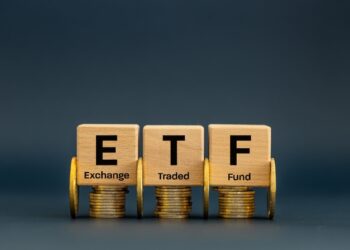Morry Waked
Barclay Global Investors (BGI) nominates its scientific approach, long track record of success in the space and employees with diverse skill sets to explain winning the Australian Shares category of the Money Management/IMCA Fund Manager of the Year Awards.
“We’ve been outperforming the market for 10 years, our hit rate has been very consistent and very high,” according to Morry Waked, BGI’s chief executive and head of Australian equities.
BGI launched its Australian operations in late 1996 with its flagship Australian equities long-only product, building its brand and reputation in the region as a style-neutral manager.
Its Australian equities division currently has around $20 billion in assets under management, with $16 billion of this in the long-only space.
Waked said its quantitative approach to stock selection, combined with the qualitative strength of its experienced and stable team of individuals, has allowed it to beat benchmarks on a regular basis.
“It’s all about extracting alpha and exploiting inefficiencies in the market.”
Making use of its growing domestic presence and understanding of local market needs, it then introduced some higher risk products covering the Australian shares space, such as hedge funds, and was among the first in the country to offer a long-short product.
Waked said that adopting innovative strategies in order to stay ahead of the game has been a key part of the group’s long-term success.
“We want to provide a robust strategy, with research and innovation allowing us to constantly come up with new ideas.
In terms of stock selection for its Australian shares portfolio, BGI does not rule out any particular industry or company providing it is identified as a sound investment choice, but does customise its offering for clients who request specific company types.
Runner up in this category, Ausbil Dexia, credits its success in the Australian shares space to its consistency of portfolio and combined bottom-up, top-down approach.
“We don’t turn our portfolio over very often,” said Adam Dixon, Ausbil Dexia’s associate director of equities, referring to the group’s emphasis on the resource sector in recent years.
He also believes its lack of a style bias toward either growth or value is a competitive advantage, providing flexibility to rapidly adjust as market conditions change.
Another runner-up is ABN Amro Asset Management, which embraces a specific industry-led, growth approach.
Ian Manton-Hall, chief executive of ABN Amro Asset Management, largely attributes its success to the stable investment team, which has been intact for around seven years, with very low staff turnover.
“We think industry structure and an understanding [of this] is an important component of understanding which companies are going to deliver earnings growth,” Manton-Hall said.





